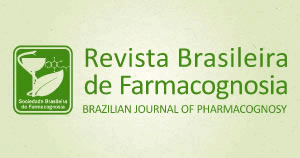Control of Chagas disease is based on insecticide spraying in domiciles in order to exterminate triatomine populations. However, since the vectors differ in susceptibility to currently used insecticides, the screening of the toxic potential of Brazilian flora may identify new molecules lethal to triatomines. This study evaluated the toxicity of ethanolic extract of Ageratum fastigiatum (Gardner) R.M. King & H. Rob., Asteraceae, on Rhodnius nasutus, a known vector of Chagas disease. Ethanolic extracts of the aerial parts of A. fastigiatum were prepared at 25 and 50 mg/mL concentrations, and 5 µL was applied to fifth-instar nymphs of R. nasutus (n=30). Controls included nymphs that were treated with 5 µL ethanol (n=30) or left untreated (n=30). The percentage of dead insects in each group was observed at 24, 48, 72, 96 and 120 h after application. The extracts of A. fastigiatum showed a mortality rate of about 37% and 77% after 120 h, at concentrations of 25 and 50 mg/mL, respectively. In control groups, the mortality rate remained under 7%. The extract of A. fastigiatum contains a coumarin, a molecule with recognized toxicity in insects, and which may be responsible for killing the triatomines.
Ageratum fastigiatum; insecticidal activity; Triatominae

